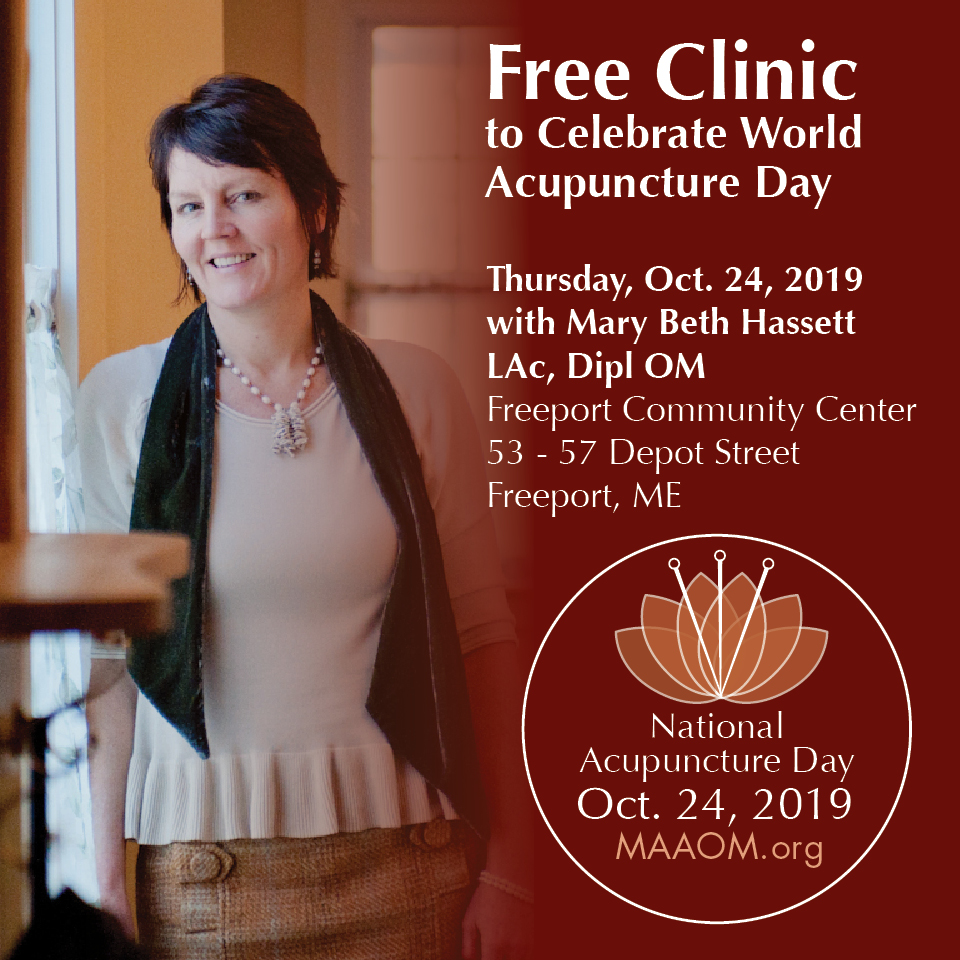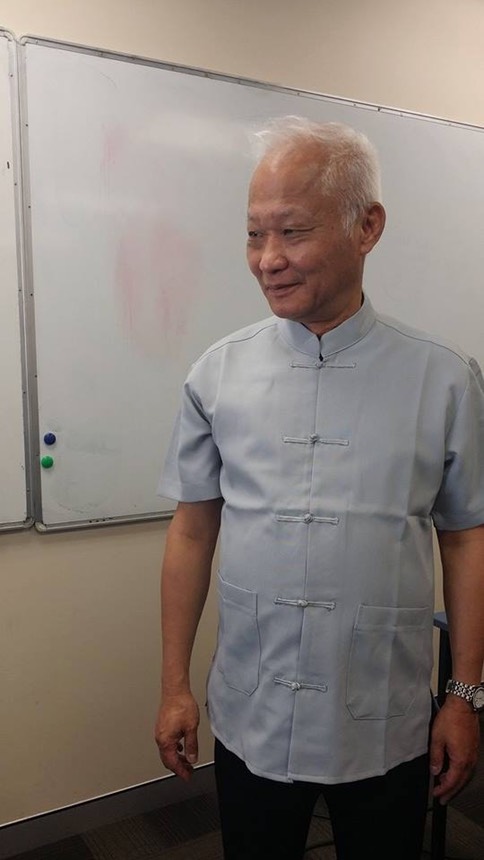
Free Clinic

I Am an Acupuncturist
American Society of Acupuncturists
Published on Jun 13, 2019
Acupuncture Research & Evidence – Interview with Hugh MacPherson
Hugh MacPherson talks to Northern College of Acupuncture Marketing Manager Denise Magson about his acupuncture research at the University of York.
BBC Trust Me, I’m A Doctor – Acupuncture Research & Evidence
This short clip is from Hugh MacPherson’s appearance on BBC’s “Trust Me, I’m a Doctor” discussing his research into the acupuncture evidence base.
For more information about acupuncture and the growing evidence base: http://chinese-medicine.co.uk/acupunc…
Today Show, Al Roker, Receives Acupuncture
Click HERE to see Al Roker receive acupuncture
For those who don’t want to rely on medication to cope with body aches, Dr. Mehmet Oz is here to help. The “Dr. Oz Show” host stops by TODAY to share how yoga, acupuncture and even virtual reality can serve as alternative ways to ease pain.
Acupuncture Can Help Relieve Menopause Symptoms

The Hidden Meanings of Yin and Yang – John Bellaimey
The Passing of Dr. Richard Teh-Fu Tan: a Great Teacher



Richard Teh-Fu Tan 譚特夫, O.M.D., L.Ac.
It is with great sadness that I post that Dr. Tan has passed, he was a wonderful and brilliant teacher of acupuncture who was well loved, he will be greatly missed by many of us. Thank you Dr Tan for all of your contributions to the field of acupuncture.
Dr. Richard Tan was a leading authority in our profession. His skills represent the culmination of years of study. At age seven, he began his studies in Chinese Medicine in his family in Taiwan, and apprenticed with numerous masters in herbal medicine, five elements, acupuncture channel theory, zang fu energetics, feng shui, and qi cultivation. Early in his career, he treated hundreds of patients who were also receiving western medical care, in an army hospital. In addition, Dr. Tan studied engineering for ten years, moving to the U.S. in the latter half of those studies. Hearing colleagues here complain about lack of clinical results and how long it took for patients to feel better, Dr. Tan was concerned: classical texts state that the effectiveness of acupuncture treatments should be seen immediately, just as the shadow appears instantly when a pole is placed under the sun. This motivated him to begin teaching and sharing his knowledge and experience as widely as possible, as well as seeing thousands of patients in his twenty years of practice in San Diego. Dr. Tan has written Twelve and Twelve in Acupuncture, Twenty-Four More in Acupuncture, Shower of Jewels, Dr. Tan’s Strategy of Twelve Magical Points, and Acupuncture 1,2,3.
Tu Youyou Awarded the Nobel Prize, Research based in Chinese Herbal Medicine
Q. and A.: Tu Youyou on Being Awarded the Nobel Prize
October 8, 2015
The door to Tu Youyou’s 20th-floor apartment in Beijing was opened by her husband, Li Tingzhao. Mr. Li, a metallurgy engineer, has been serving as Dr. Tu’s protector from the clamor of phone calls and well-wishers since the announcement this week that she had become the first citizen of the People’s Republic of China to be awarded a Nobel Prize in the sciences. The honor for her discovery of artemisinin, a drug that is now part of standard antimalarial regimens, is being widely celebrated in China as a vindication of traditional Chinese medicine.
Her Nobel for medicine or physiology, which she shared with two other scientists who developed antiparasitic drugs, has also raised questions about the management of scientific research in China. Dr. Tu, 84, has been turned down for membership in the Chinese Academy of Sciences, apparently because she lacks foreign training and a formal doctoral degree. And some former colleagues have argued that the discovery of artemisinin, which grew out of a secret military project during the Vietnam War to fight the malaria that was debilitating China’s allies in North Vietnam, was a group effort, not the work of an individual.
In an interview, Dr. Tu said she did not entirely disagree with that point of view, but noted that she led the team that made the crucial discoveries. Seated on a beige couch, she repeatedly turned to textbooks to make her points. She appeared in good health, though a little hard of hearing, which is why she missed the phone call notifying her of her prize. Letters of congratulations from the Chinese Academy of Sciences and Peking University lay on the living room table. Her husband proudly showed photographs of the couple in front of the White House when Dr. Tu traveled to the United States in 2011 to receive the Lasker Award for clinical medical research. Their apartment was filled with flowers from admirers and, toward the end of the interview, the mayor of Ningbo, her hometown, arrived with another bouquet.
